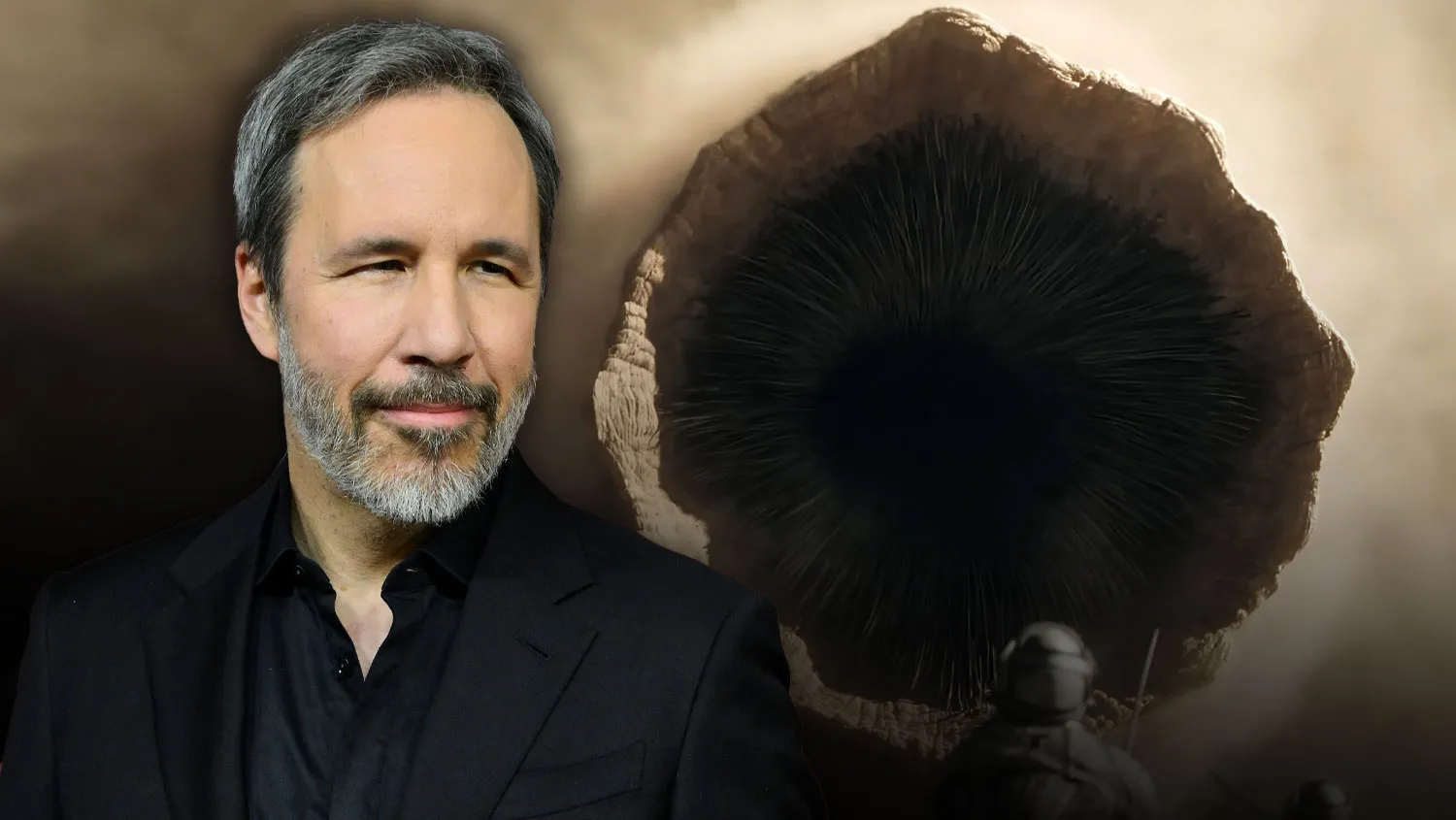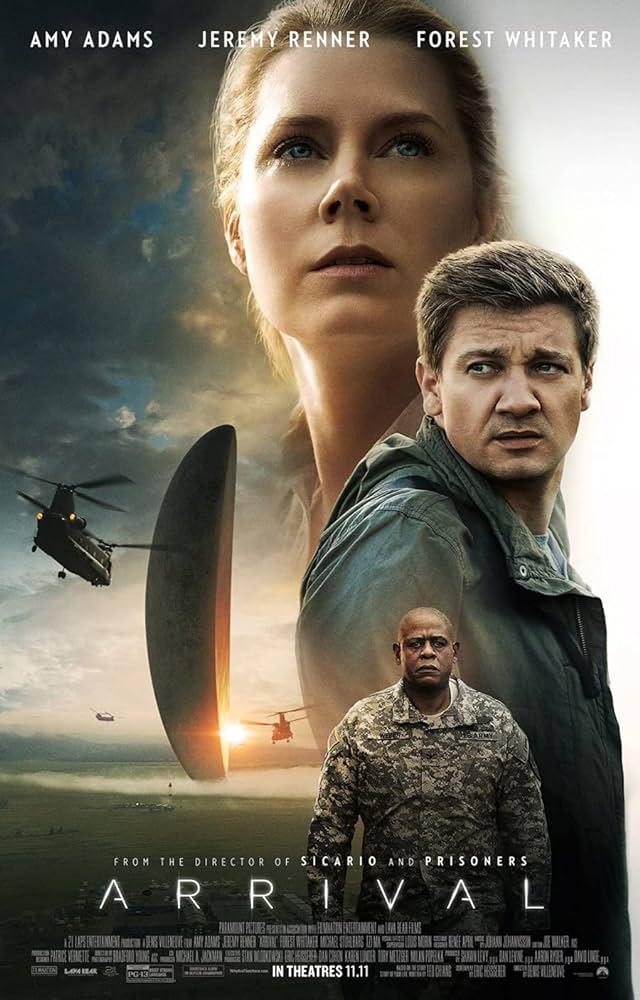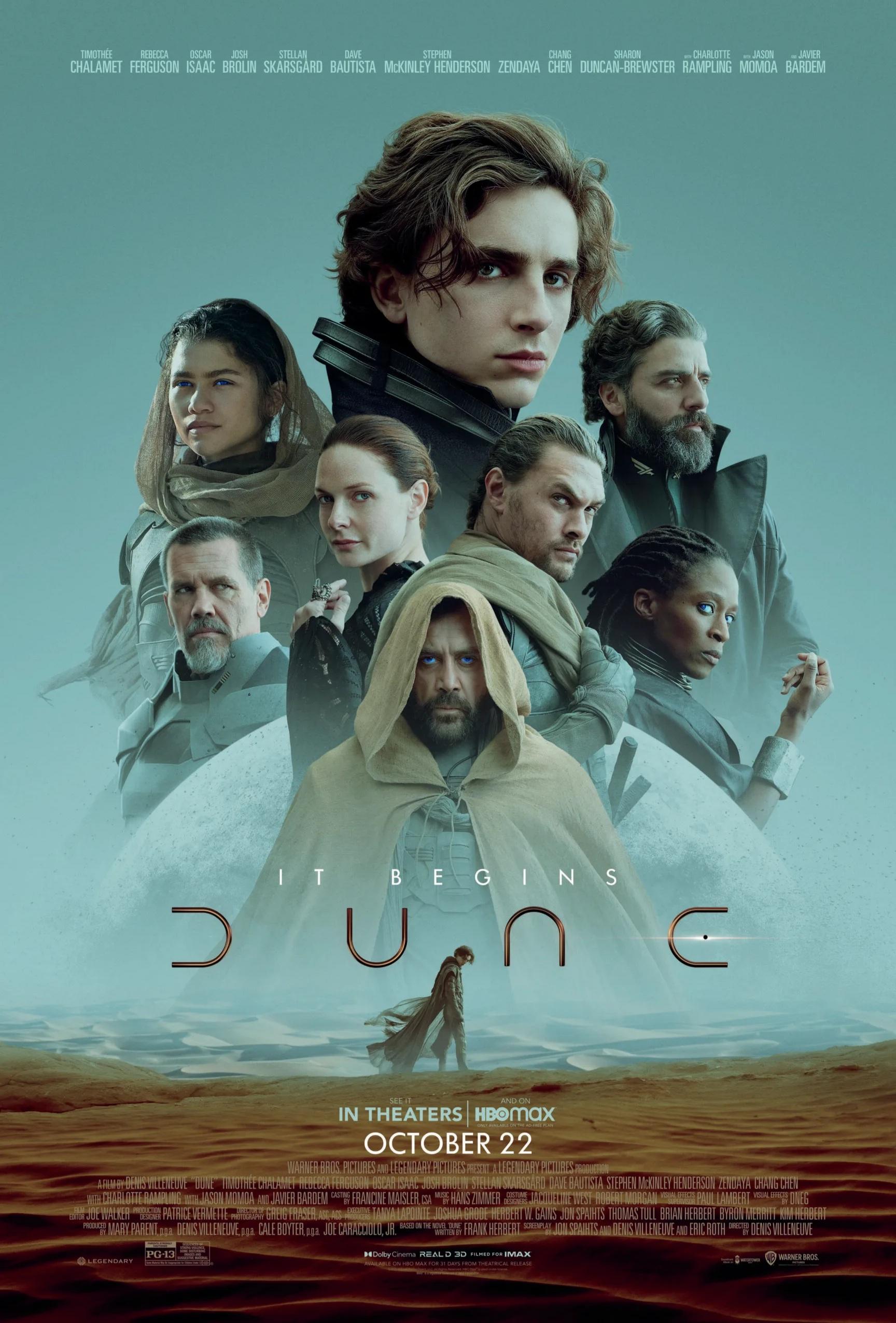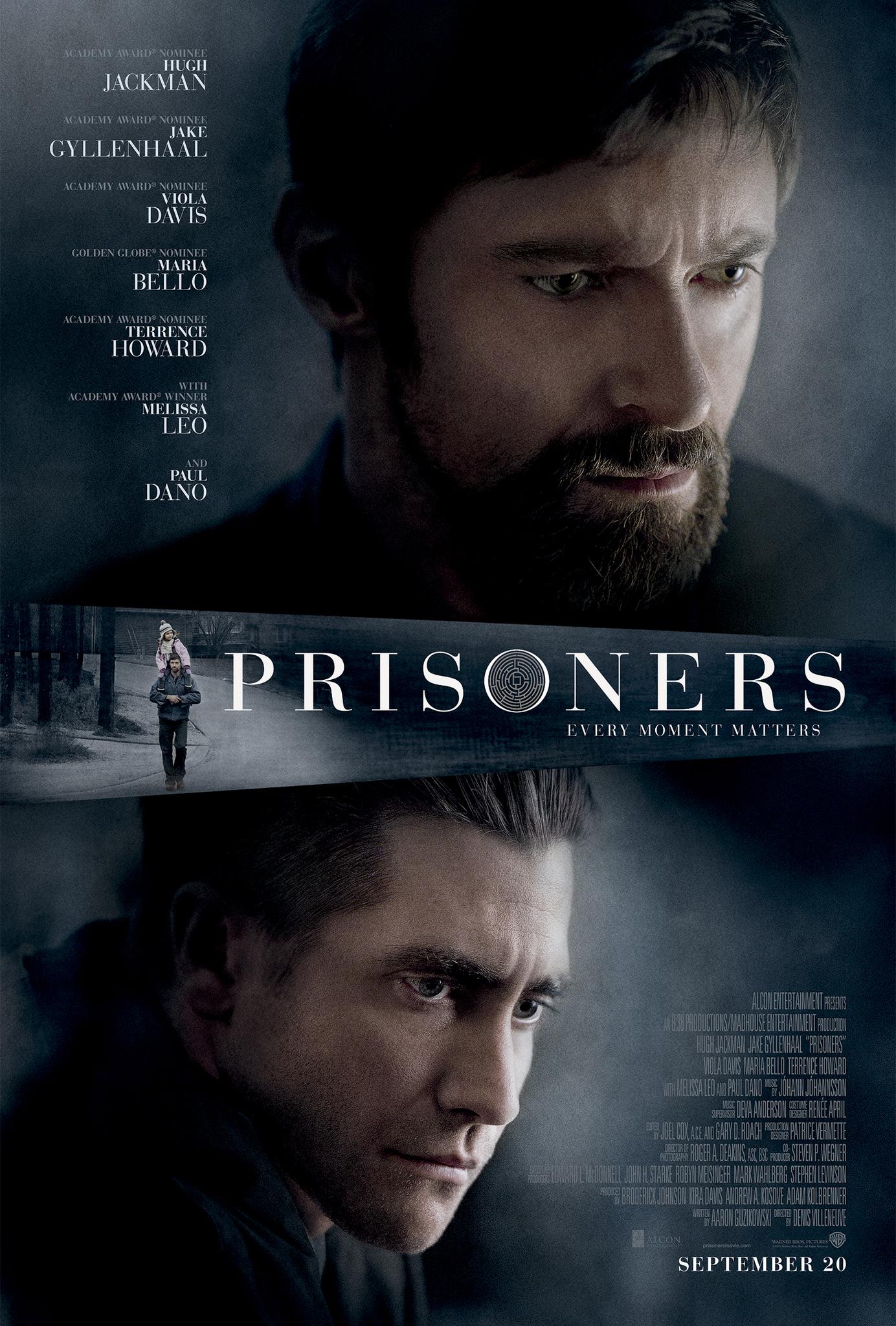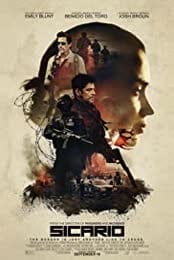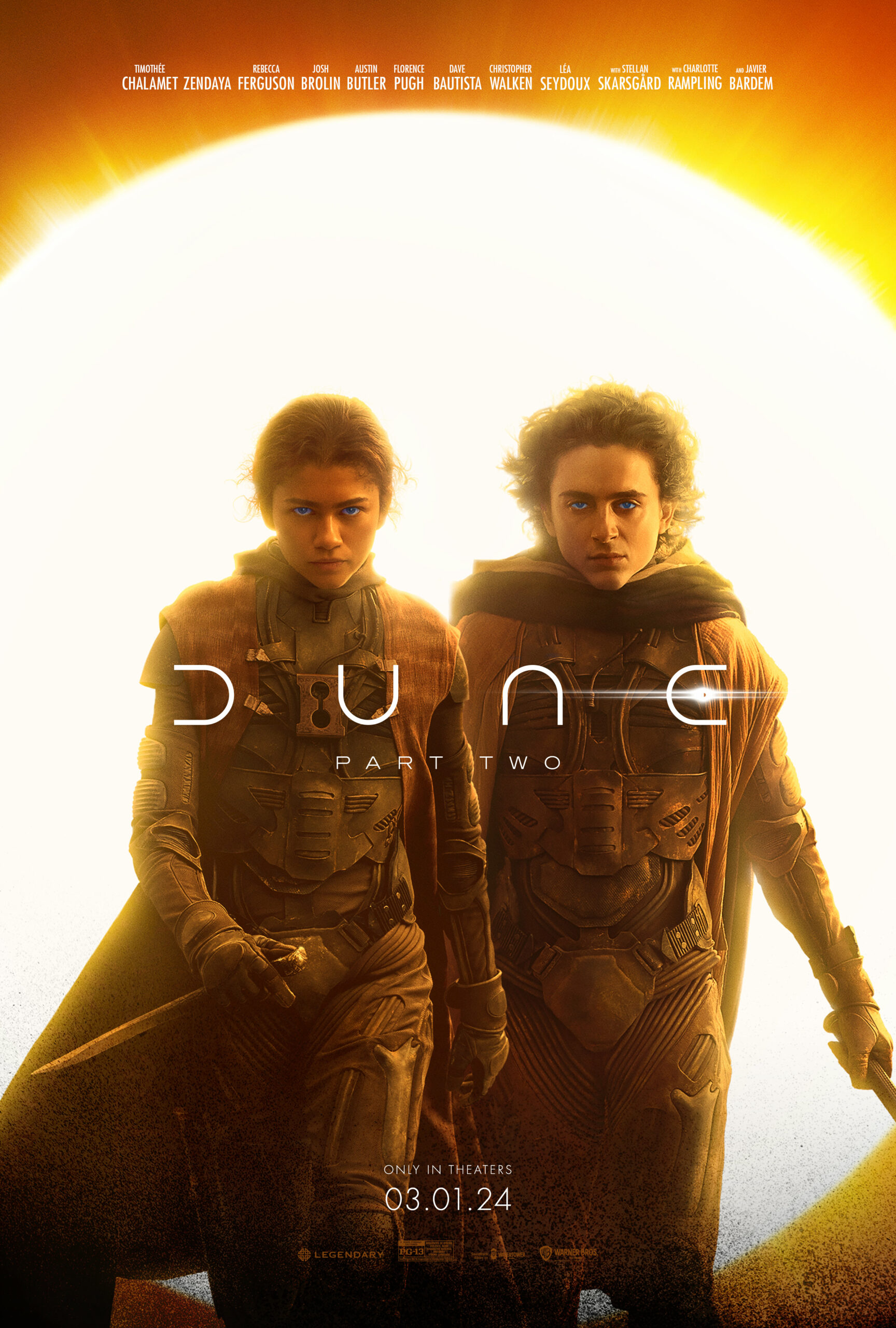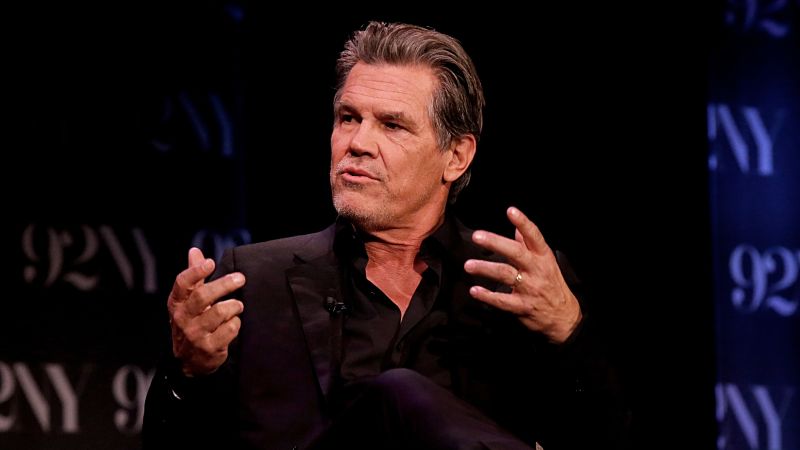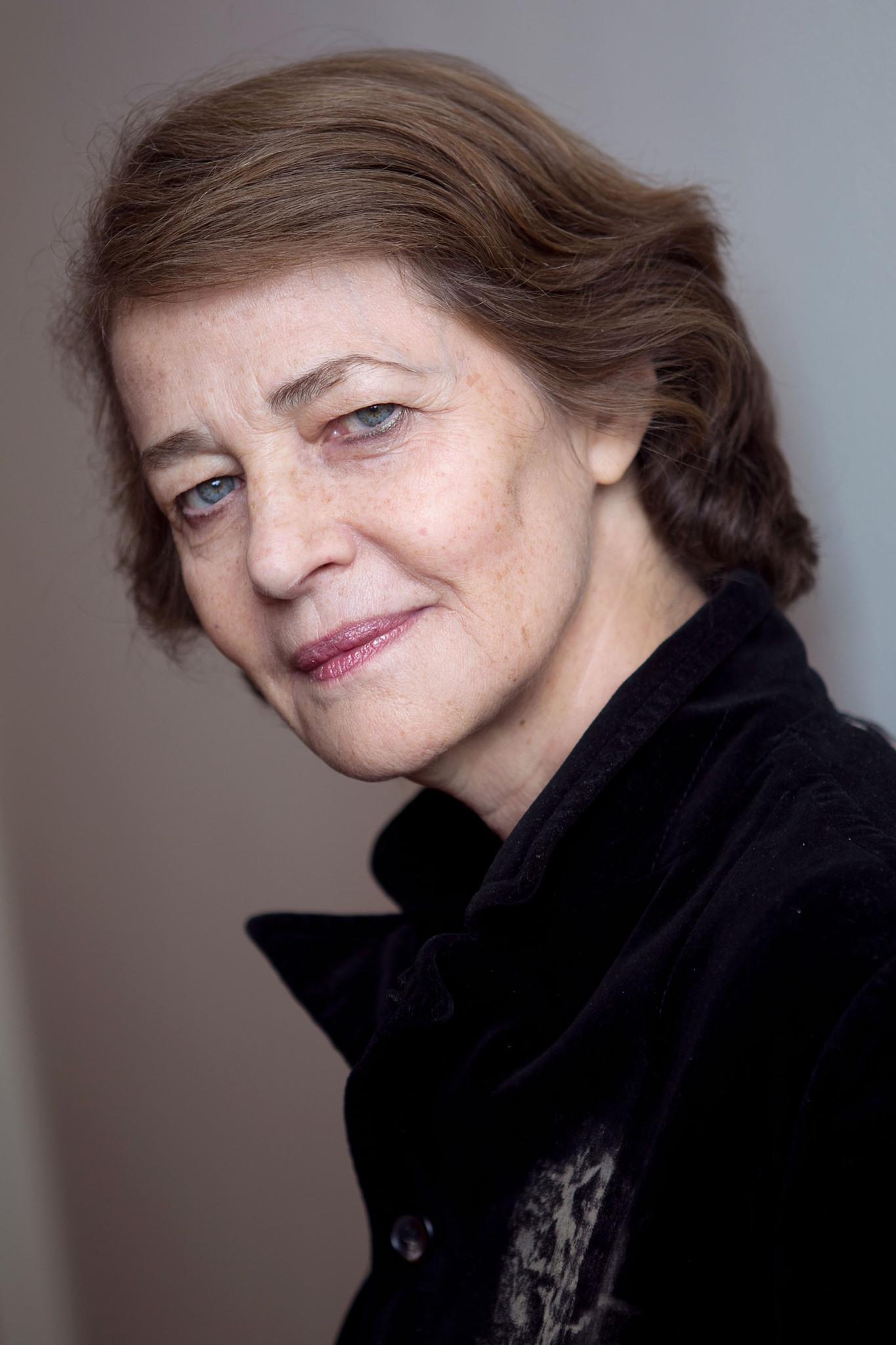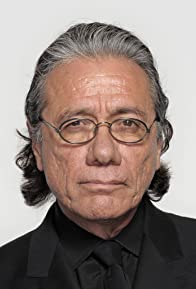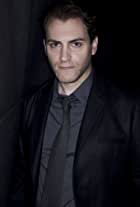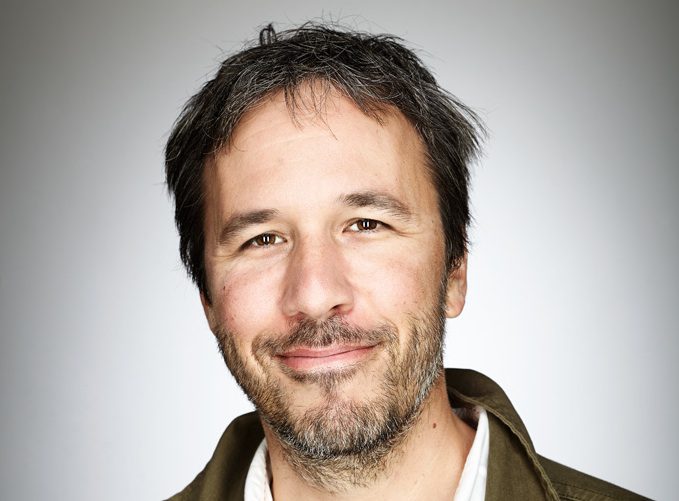
Denis Villeneuve
Birthdate – October 3, 1967 (57 Years Old)
Birthplace – Trois-Rivières, Québec, Canada
Denis Villeneuve began his filmmaking career with stylish, charged Canadian-Quebecois dramas and has evolved into the maker of elegantly staged and thoughtful Hollywood sci-fi epics, including Arrival (2016) and his versions of Frank Herbert’s first novel in the series, Dune (2021) and Dune: Part Two (2024).
After four years of making shorts and music videos, Villeneuve made his writer-director feature debut with August 32nd of Earth (1998), co-starring Pascale Bussières and Alexis Martin, and premiering in the Cannes Film Festival’s Un Certain Regard section and selected by Canada as the French-language submission to the Oscar’s best foreign language film race. Villeneuve’s next movie as writer-director, the absurdist drama Maelstrom (2000), which was also submitted by Canada for the Oscar foreign-language contest, and co-starred Marie-Josée Croze and Jean-Nicolas Verrault, but failed enough at the box office that it prompted Villeneuve to step away from feature directing for nine years.
Denis Villeneuve returned to the big screen with his startling, tragic Polytechnique (2009), his cool depiction of the 1989 “Montreal Massacre” of students at Ecole Polytechnique by an anti-feminist male gunman, co-starring Maxim Gaudette, Sebastien Huberdeau, Karine Vanasse, and Evelyne Brochu, and premiering at Cannes’ Directors Fortnight competition. Villeneuve co-adapted Wajdi Mouawad’s play, Incendies (2010), with screenwriter Valerie Beaugrand-Champagne, set during a civil war in an unnamed Levantine country (representing Lebanon) and co-starring Lubna Azabal, Mélissa Désormeaux-Poulin, Gaudette, and Rémy Girard, while premiering at the Venice film festival, winning eight Genie (Canada) Awards, including Best Picture, and grossing a profitable $16 million.
Villeneuve made his first English-language and director-only movie with the abduction drama, Prisoners (2013), co-starring Hugh Jackman and Jake Gyllenhaal, and with Viola Davis, Maria Bello, Terrence Howard, Melissa Leo, and Paul Dano, and grossing a strong worldwide number of $122 million after premiering at the Telluride film festival. Director Villeneuve continued his work with Gyllenhaal in a loose, atmospheric adaptation (by writer Javier Gullón) of Jose Saramago’s surrealist novel, The Double, titled Enemy (2013), co-starring Melanie Laurent, Sarah Gadon, and Isabella Rossellini, and earning $3.5 million for Canadian, Spanish, and French producers.
Denis Villeneuve began a continuous Hollywood-backed run as director of Lionsgate’s successful Mexican drug cartel thriller, Sicario (2015), written by Taylor Sheridan, starring Emily Blunt, Benicio del Toro, and Josh Brolin, and competing in the main selection of the Cannes film festival, before tripling its costs with an $85 million worldwide return. Villeneuve began his streak, as director only, of a string of remarkable sci-fi movies with his stunning Arrival (2016), starring Amy Adams, Jeremy Renner, Forest Whitaker, Michael Stuhlbarg, and Tzi Ma, and based on Ted Chiang’s story, “Story of Your Life,” and after premiering at the Venice film festival, the movie amassed eight Oscar nominations and grossed an excellent $203.4 million globally.
As director only, Villeneuve tackled the much-anticipated sequel (co-written by Hampton Fancher and Michael Green), Blade Runner 2049 (2017), starring Ryan Gosling, Harrison Ford, Ana de Armas, Robin Wright, Dave Bautista, and Jared Leto, and though it won two Oscars (cinematography, visual effects), it lost money for Warner Bros. with a $267.5 million.
Denis Villeneuve was director/writer/producer of Warner Bros.’ massive project of adapting Frank Herbert’s cult sci-fi epic novel, Dune, which covered just the first half of the book and was made without firm plans for a sequel (and shot in 2020 but delayed for release until 2021 due to the COVID-19 pandemic), and which starred Timothée Chalamet, Rebecca Ferguson, Oscar Isaac, Josh Brolin, Stellan Skarsgård, Zendaya, Charlotte Rampling, Jason Momoa, and Javier Bardem, leading to a bullish $402 million global gross after a Venice film festival premiere.
That commercial success greenlit Villeneuve to make the second half of Herbert’s novel, Dune: Part Two, with new cast members Christopher Walken, Austin Butler, Florence Pugh, and Léa Seydoux, and produced on a $122 million budget. Director Villeneuve then joined with producers Scott Rudin and Amy Pascal for a new version of the epic, Cleopatra (date to be announced), based on Stacy Schiff’s novel. Villeneuve proceeded to develop another massively-scaled sci-fi epic with an adaptation of Arthur C. Clarke’s award-winning novel, Rendezvous with Rama (date to be announced).
Personal Details
Denis Villeneuve was born and raised in the Quebec village of Gentily by parents Nicole Demers (homemaker) and Jean Villeneuve (notary public). Villeneuve has three younger brothers, including filmmaker Martin Villeneuve. Villeneuve developed an interest in sci-fi comics by such artists as Alejandro Jodorowsky, which led to a strong interest in cinema, prompting him to create storyboards (with artist friend Nicolas Kadima) and make short films while attending high school. Denis Villeneuve attended Séminaire Saint-Joseph de Trois-Rivières and studied science at Cégep (College of General and Vocational Education) de Trois-Rivières.
Villeneuve abandoned his science studies to attend Université du Québec à Montréal (UQAM), from which he graduated with a Doctorate in cinema. Villeneuve was in a relationship with Canadian actor Macha Grenon. Villeneuve is married to former journalist and producer-director Tanya Lapointe; the couple has one daughter, Salome, while Villeneuve also has three children from a previous relationship. Villeneuve’s height is 5’ 11¾ ”. Villeneuve’s estimated net worth is $16 million.
Some Facts About Denis Villeneuve
Influences: Denis Villeneuve has cited filmmakers Stanley Kubrick (whose 2001: A Space Odyssey (1968) is his favorite film), Alfred Hitchcock, Francois Truffaut, Jean-Luc Godard, Joel and Ethan Coen, Michel Brault, Ingmar Bergman, Steven Spielberg, Pierre Perrault, Yorgos Lanthimos, Ridley Scott, Jacques Audiard, and Paul Thomas Anderson as his primary influences.
Creative Break: Villeneuve was so disappointed with his first two feature films, August 32nd on Earth and Maelstrom, that he took nine years off from filmmaking to raise his children until making his startling comeback movie, Polytechnique.
Statement: “Film,” Villeneuve has said, “is pop art. It’s not whether it’s auteur cinema or not, that’s a false distinction.”
Awards
Three-time Nomimee, Best Director/Best Adapted Screenplay/Best Picture, Academy Awards (2017, 2022); Two-time Nominee, Best Director, Academy of Science Fiction, Fantasy & Horror Films (2017, 2018); Winner, William Cameron Menzies Award, Art Directors Guild of America Awards (2022); Winner, DGC Team Award—Best Feature, Directors Guild of Canada Award (2014); Winner, FIPRESCI Prize, Berlin Film Festival (2001); Five-time Nominee, Best Film Not in English/David Lean Award for Direction/Best Adapted Screenplay/Best Film, BAFTA Awards (2012, 2017, 2018, 2022); Two-time Winner, Bronze Frog/Special Award for Best Director, Cameriaimage (2021); Winner, Canal+ Award, Cannes Film Festival (2008); Nominee, Best Foreign Film, César Awards (2012); Two-time Nominee, Best Foreign Film, David di Donatello Awards (2011, 2022); Two-time Nominee, Best Director, Directors Guild of America Awards (2017, 2022); Two-time Winner, Best Dramatic Presentation-Long Form, Hugo Awards (2017, 2022); Recipient, Knight of the National Order of Quebec (2019); Winner, New York Film Academy Award, Locarno Film Festival (1994); Recipient, Officer of the Order of Canada (2018); Nominee, Best Producer, Producers Guild of America Awards (2022); Recipient, Queen Elizabeth II Diamond Jubilee Medal (Canada), 2012; Winner, Audience Award, Rotterdam Film Festival (2011); Winner, Best Director, Santa Barbara Film Festival (2017); Four-time Winner, Best Canadian Film-Special Jury Award/Short Cuts Award-Honorable Mention/Best Canadian Feature/TIFF Ebert Director Award, Toronto Film Festival Award (2000, 2008, 2020, 2021); Nominee, USC Scripter Award (2022); Winner, Best Canadian Feature, Vancouver Film Festival Award (2010); Winner, Variety Directors to Watch, Palm Springs Film Festival Awards (2011); Two-time Winner, Future Film Festival Digital Award/Arca CinemaGiovani Award, Venice Film Festival (2016); Nominee, Best Adapted Screenplay, Writers Guild of America Awards (2022).




